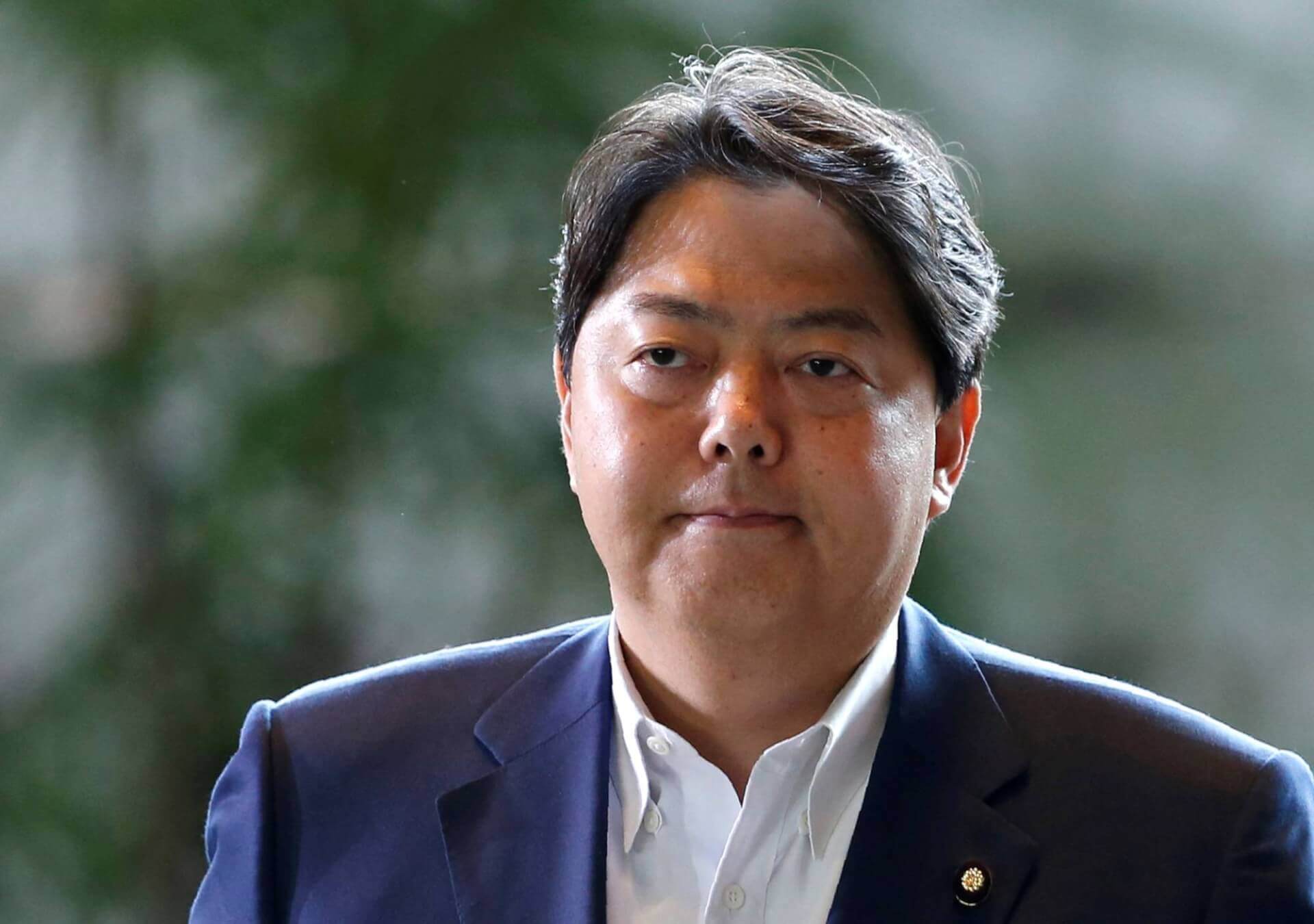Japanese Foreign Minister (FM) Yoshimasa Hayashi held a teleconference with Indian External Affairs Minister (EAM) Dr S. Jaishankar on Monday.
Hayashi noted that 2022 will mark the 70th anniversary of the establishment of diplomatic relations between the two countries and expressed interest in working with Jaishankar to further develop the “Japan-India Special Strategic and Global Partnership.” In response, Jaishankar congratulated his counterpart on his new appointment as FM and agreed to cooperate on strengthening their bilateral strategic partnership.
The pair also agreed to work towards materialising newly-appointed Japanese Prime Minister Fumio Kishida’s visit to India at an “appropriate time.” Kishida became Japan’s new and 100th PM last month after his predecessor, Yoshihide Suga, decided to prematurely step down.
Hayashi and Jaishankar also confirmed that they would jointly work towards holding the next round of the Japan-India 2+2 Foreign and Defence Ministerial Meeting. To advance India and Japan’s defence and security partnership, the ministers also committed to broadening the security partnership to include new fields such as cyber, space, and economic security.
Jaishankar and Hayashi then discussed economic cooperation in areas such as climate action, healthcare, and the digital sphere. To this end, they decided to continue to steadily advance the construction of the Mumbai-Ahmedabad High-Speed Rail, which is their relationship’s flagship project. They also agreed to strengthen post-pandemic economic security by establishing “resilient” supply chains.
Next, as is the case with most meetings between the two countries, Jashankar and Hayashi spoke of their shared vision of a “Free and Open Indo-Pacific” through bilateral cooperation and quadrilateral cooperation, referring to the Quadrilateral Security Dialogue with Australia and the United States.
In this regard, they reiterated their shared “strong opposition” to any unilateral attempts, including economic coercion, to change the status quo by force in the volatile East and South China Seas. This is perceived as a veiled reference to growing Chinese aggression in the region at large, which has resulted in territorial disputes with several nations in the area.
Furthermore, the ministers discussed the situation in North Korea, including its nuclear and ballistic missile activities. In recent months, Pyongyang has been testing several ballistic missiles, heightening tensions on the Korean peninsula and beyond. The diplomats also pledged to cooperate on other international issues in the region, such as Myanmar and Afghanistan, the COVID-19 pandemic, and terrorism.
India and Japan Agree to Broaden Security Partnership to Include Cyber and Space
As with most meetings between the two countries, Jashankar and Hayashi spoke of their shared vision of a “Free and Open Indo-Pacific” through bilateral cooperation and quadrilateral cooperation.
November 23, 2021

Japanese Foreign Minister Yoshimasa Hayashi IMAGE SOURCE: REUTERS
